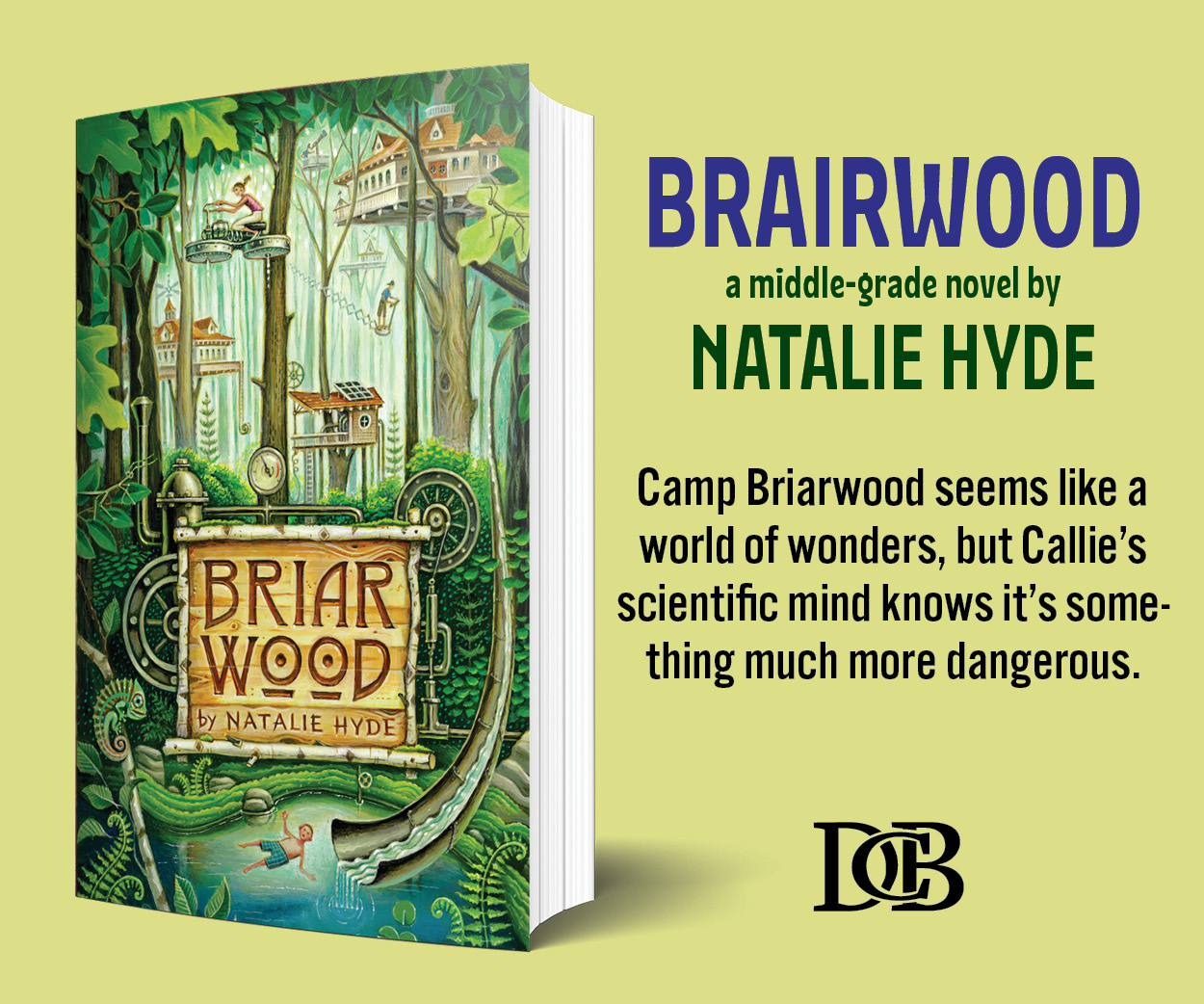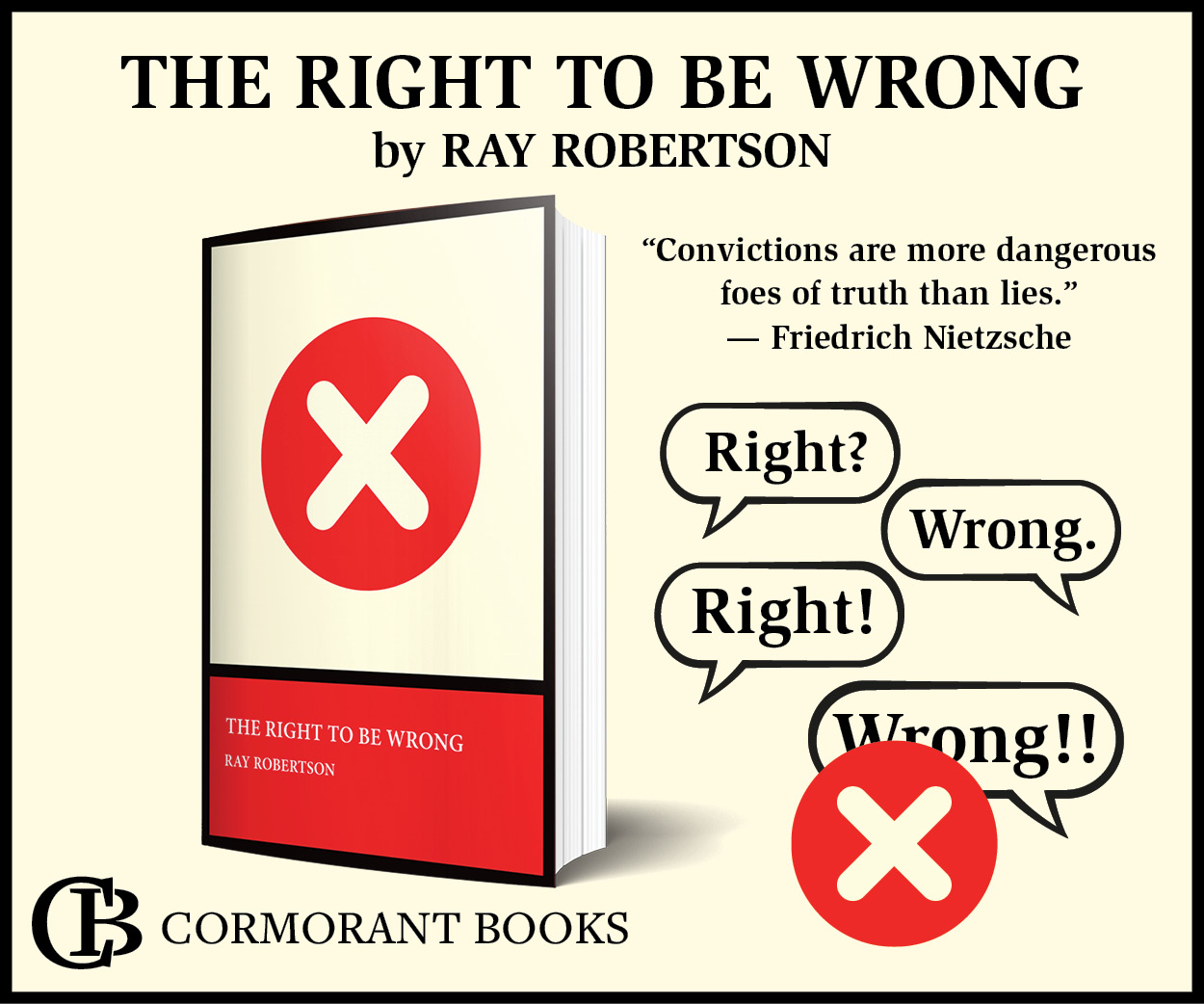On Pseudonyms: Q&A with Writer "X"
By Sandra Ridley
On pseudonyms a.k.a. aliases a.k.a. handles a.k.a. avatars a.k.a. monikers a.k.a. sobriquets ak.a. epithets a.k.a. pen names a.k.a. nicknames a.k.a. noms de guerres, a.k.a. anon.:
Q&A with Writer “X”, on writing under “Sweet Baboo”
Sandra Ridley: What drew you to using a pseudonym for your work? What are the benefits and/or disadvantages for you? Do you see yourself as being part of, or extending, or arguing with a particular tradition of writing under a pseudonym?
”X” writing under "Sweet Baboo": I have used a pseudonym just once, that usage very much in service of the piece, which was satiric, in epistolary style, published in an anthology of lesbian writings. But my identity was never revealed, and to this day I cannot say who might have guessed it. I like this fact of hiddenness, like its connection to a tradition of Queer women writers who wrote and write under pseudonym. As my practices these days are more in service to plenitude than scarcity, what appeals to me about the Queer tradition is not that a person had to use a politicized strategy to keep hidden his or her sexual identity but that thinking and writing, which might otherwise have been squandered, were given outlet via the use of an alias. Every force evolves a form, said Guy Davenport. If you think you might be violated by use of your real identity, create another. I link my pseudonym usage to women outside literature also, for example, to the heroic rape survivor who took on the Toronto Police Force and the justice system in the 1990s, under an assumed identity. Brilliant.
Just get the job done, I say.
Your CanLit News
Subscribe to Open Book’s newsletter to get local book events, literary content, writing tips, and more in your inbox
The views expressed in the Writer-in-Residence blogs are those held by the authors and do not necessarily reflect the views of Open Book: Toronto.
The views expressed in the Writer-in-Residence blogs are those held by the authors and do not necessarily reflect the views of Open Book.
Sandra Ridley’s first full-length collection of poetry, Fallout, won the 2010 Saskatchewan Book Award for publishing, the Alfred G. Bailey prize, and was a finalist for the Ottawa Book Award. Her second book, Post-Apothecary, was short-listed for the 2012 ReLit and Archibald Lampman Awards. Also in 2012, Ridley won the international festival Of Authors’ Battle of the Bards and was featured in The University of Toronto’s Influency Salon. Twice a finalist for the Robert Kroetsch Award for innovative poetry, Ridley is the author of two chapbooks: Rest Cure, and Lift, for which she was co-recipient of the bpNichol Chapbook Award. Her latest book is The Counting House (BookThug 2013). She lives in Ottawa.


